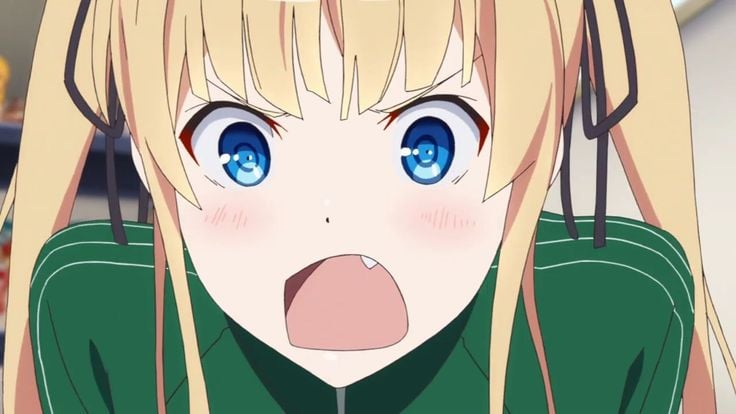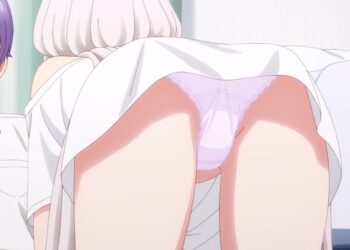Hello to everyone in J-List land. It’s time for another installment of the J-List Infrequent Updates, for people who receive too much email and who only want to hear from J-List every once in a while. The site has been updated regularly over the past two weeks, and we’ve got hundreds of new items for your to check out, from every possible category you would wish for. We hope you’ll visit us at http://www.jlist.com
Every rule has an exception, and the Japanese writing system is riddled with so many exceptions, it’s almost as complex as English grammar. Japan adopted China’s kanji writing system back in the 6th century; before this time the Japanese had no writing at all. As a general rule, each kanji is supposed to have two pronunciations: the original Chinese one (suitably shoehorned into the Japanese phonetic system), and a native Japanese one. Thus, the character the Japanese use for car, which originally meant wheel, is read kuruma (Japanese reading) when used by itself, or sha (Chinese reading) when combined with other characters to form a more complex word, such as jidosha, automobile, or jinrikisha, a “rick-shaw”). The two-ways-to-read-a-kanji rule is more of a guideline, though — many characters have only one reading, while a few have a dozen or more. Underlying the kanji system are the two kana syllabaries, hiragana for writing Japanese words and grammatical particles, and katakana for writing foreign-loan words and the names of foreign people and places. But katakana is sometimes used in place of hiragana for emphasis (kind of like writing in italics in English), and a few English words like tobacco, coffee and club have had kanji assigned to them, since they’ve been in use for so long. Incidentally, if you’ve ever wondered why the Japanese don’t do away with kanji and write using the two kana syllabaries, the reason is that without kanji, the brain can’t easily take in the chunks of meaning on the page — for me, there’s nothing harder than reading a children’s book because there are no kanji to break up the sea of hiragana. Here’s an example of some of these writing systems in case you’re curious what they look like: http://www.jlist.com/writing
Christmas in Japan is very different from in the U.S.. First of all, it’s a normal day like any other — people fight traffic jams to get to work, and if they’re Christian, they attend mass in the evening. Gifts are given, but mostly between couples, or from parents to children — Toys R Us Japan has made sure that no child will go without toys each year. More important than Christmas Day is Christmas Eve, when most families have a special dinner, and eat the Christmas Cake that they reserved a month in advance. It’s easily Kentucky Fried Chicken’s busiest night, but sushi shops also do very brisk business. Christmas Eve is also a night for lovers: if you want to reserve a room in a popular love hotel on Christmas Eve, you have to do it at least a year in advance.
The largest group of foreigners in Japan aren’t American or Australians or Brits. They’re Koreans, an interesting group because many of them were born and raised right here, and often don’t even speak Korean unless they attended one of the Korean-only schools that pepper the country. To an American like me, it’s odd that these people would not be considered Japanese, as all children born in the U.S. get to be American citizens automatically. But the relationship of Korea and Japan is a very complex one, somewhat akin to that of Britain and Ireland, and more or less by mutual agreement of both sides Koreans often live for generations inside Japan, never allowing themselves to become culturally assimilated. Or is it the Japanese who keep the Korean population from truly becoming part of their society? I couldn’t possibly say for sure. On the one hand, it’s not difficult for anyone (even white-boy gaijin me) to get Japanese citizenship as long as he meets certain reasonable requirements. Japan is always very sensitive to possible accusations of racism, so there are no groups that aren’t “allowed” to become Japanese citizens. Many Koreans object to the Japanese requirement that all persons wanting to become naturalized must take a Japanese name, e.g. Taro Yamada, as well as requiring that many jobs, including teaching at public schools, be done only by persons with full Japanese citizenship. Koreans living in Japan make sure they only hang out with other similar-minded Koreans (e.g., South with South, North with North), lest questions arise about their loyalties. There is, unfortunately, a lot of organized crime related to North Koreans, everything from making North Koreans born in Japan pay protection money to “support” relatives back home to mass-production of high-grade cocaine. Gunma, the prefecture we live in, has many companies that make pachinko machines, and for some reason, pachinko, North Korea and crime always seem to go hand-in-hand around here.
Well, that’s all for now. Remember that the J-List site has ben updated several times since you visited last. Please stop by J-List and see all the great items we have for you!















